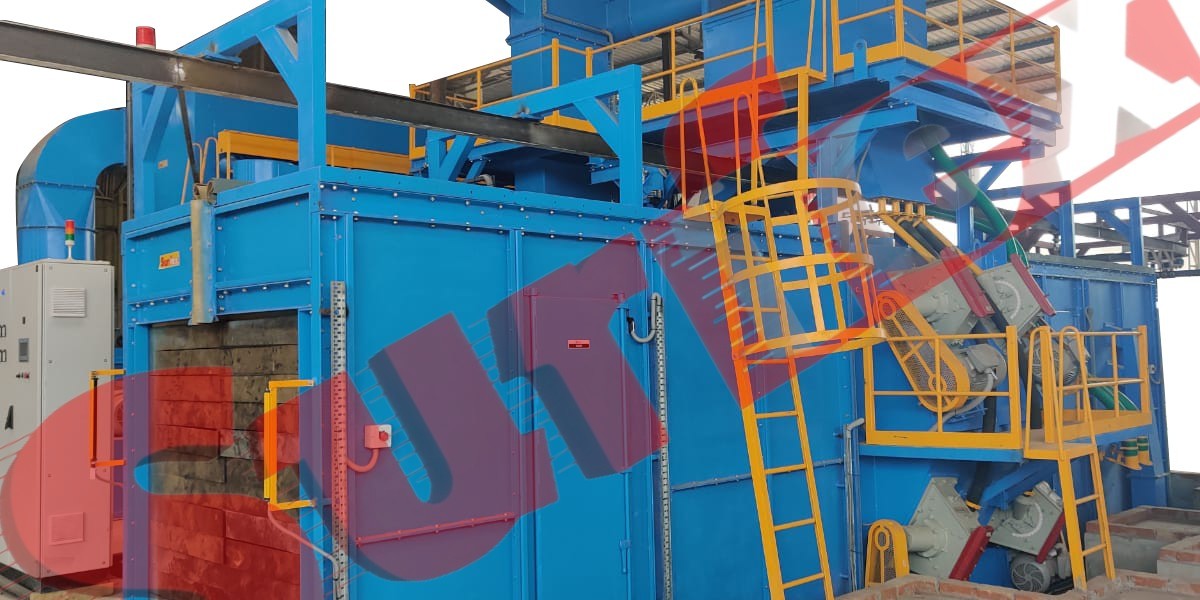A public blockchain is a decentralized, permissionless network where anyone can participate, validate transactions, and contribute to the consensus process. These blockchains are open-source and accessible to the public, providing transparency, security, and immutability of data. Popular examples of public blockchains include Bitcoin, Ethereum, and Solana. Public blockchains allow users to interact with decentralized applications (dApps), exchange cryptocurrencies, and create smart contracts. They rely on consensus algorithms like Proof of Work (PoW) or Proof of Stake (PoS) to ensure security and prevent fraud, making them a cornerstone of decentralized ecosystems.
Jack Farris
67 Blog posts


